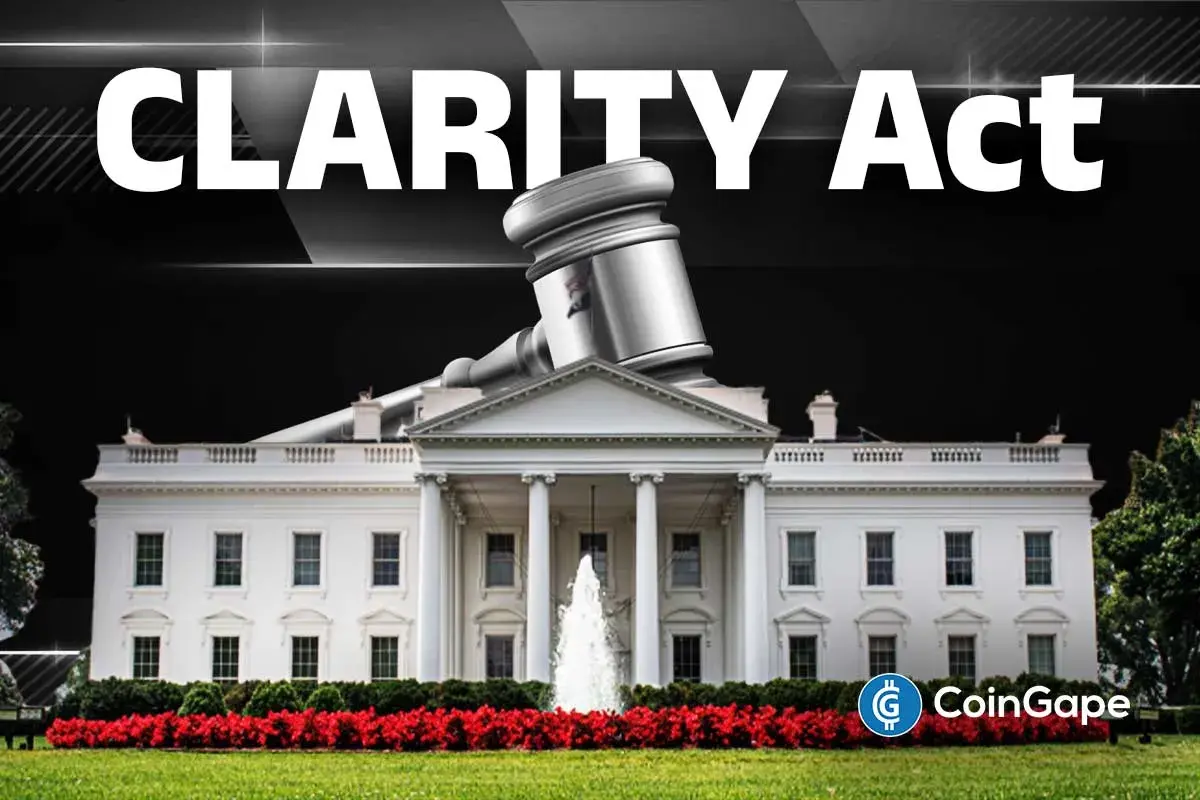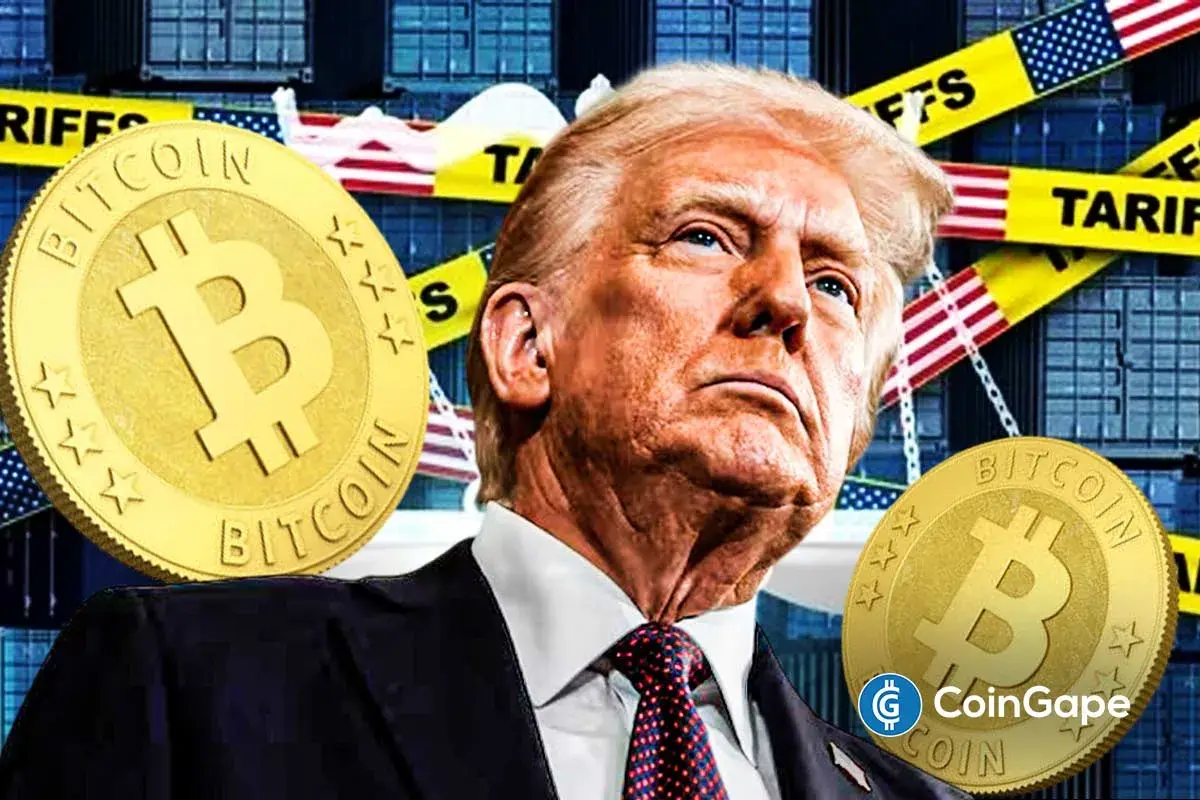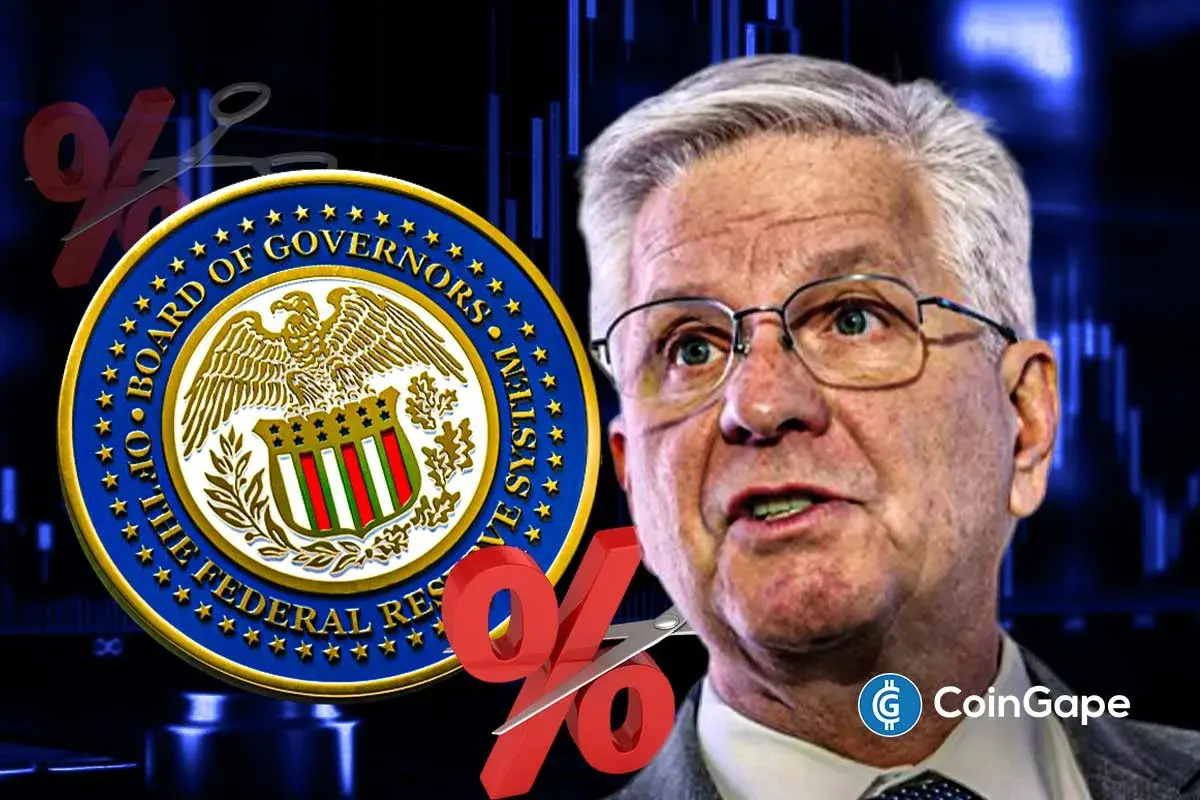US, UK Crack Down on Gaza Now for Hamas Crypto Funding

Highlights
- US-UK sanctions target Gaza Now's $21K crypto-funded Hamas links
- Crypto donations to Hamas remain under $500 in 53% of cases
- Tether on TRON blockchain emerges as terrorists' crypto of choice
The United States and the United Kingdom have imposed sanctions on Gaza Now, an online media outlet accused of helping with financing Hamas, especially in the wake of the October 7 attack in Israel. These sanctions also apply to Mustafa Ayash, the founder of Gaza Now, as well as others and entities associated with the organization’s fundraising efforts.
Does the media & fundraising site ‘Gaza Now’ ring a bell?
It’s being pushed by numerous celebrities and world leaders.
Well guess what? The U.S. Department of Treasury just sanctioned it for providing material support to Hamas! pic.twitter.com/UGNYNtZgA1
— StopAntisemitism (@StopAntisemites) March 27, 2024
Crypto Funding Under Scrutiny
The investigation of the fundraising activities by Gaza Now started after they accepted cryptocurrency donations in the wake of the October 7 event. Elliptic, a blockchain analytics firm, identified the contribution made of digital assets of $21,000.
This observation is in line with a larger trend discovered by TRM Labs, which points out that donations made to terrorist organizations via crypto remain marginal in scale, with nearly 53% of the transactions being less than $500.
International Response and Regulations
The sanctions are a further move by the US and UK to destabilize the financial networks backing Hamas. This measure is one aspect of a wider international approach to counter the financing of terrorism. The Treasury Departments of both countries reiterated their commitment to this issue, pointing out the need for global collaboration when dealing with such problems.
Moreover, the UK has put in place a comprehensive asset freeze on persons and entities associated with Gaza Now, strengthening the international position that the financial system should not be misused for terrorist activities.
Counter-Terrorism Efforts
The use of cryptocurrencies in terrorist financing, while limited, has drawn attention to the need for more robust monitoring and regulatory mechanisms within the digital currency space.
More specifically, Coingape previously reported that this preference for specific cryptocurrencies, such as Tether on the TRON blockchain, points to particular attributes such as low transaction fees and perceived anonymity. These developments underscore the ongoing challenges and complexities in countering terrorism financing in the digital age, prompting a reevaluation of strategies and tools in this evolving landscape.
Read Also: Growing AI Race Creates Vacuum for Appropriate Talent Among Tech Giants
- Michael Saylor Says Quantum Risk To Bitcoin Is a Decade Away, Describes it as ‘FUD’
- White House Proposes Stablecoin Rewards Compromise as CLARITY Act Odds Drop to 44%
- Trump’s Board Of Peace Eyes Dollar-Backed Stablecoin For Gaza Rebuild
- Trump’s World Liberty Financial Flags ‘Coordinated Attack’ as USD1 Stablecoin Briefly Depegs
- Trump Tariffs: U.S. Threatens Higher Tariffs After Supreme Court Ruling, BTC Price Falls
- COIN Stock Risks Crashing to $100 as Odds of US Striking Iran Jump
- MSTR Stock Price Predictions As Michael Saylor’s Strategy Makes 100th BTC Purchase
- Top 3 Meme Coins Price Prediction As BTC Crashes Below $67k
- Top 4 Reasons Why Bitcoin Price Will Crash to $60k This Week
- COIN Stock Price Prediction: Will Coinbase Crash or Rally in Feb 2026?
- Shiba Inu Price Feb 2026: Will SHIB Rise Soon?


















